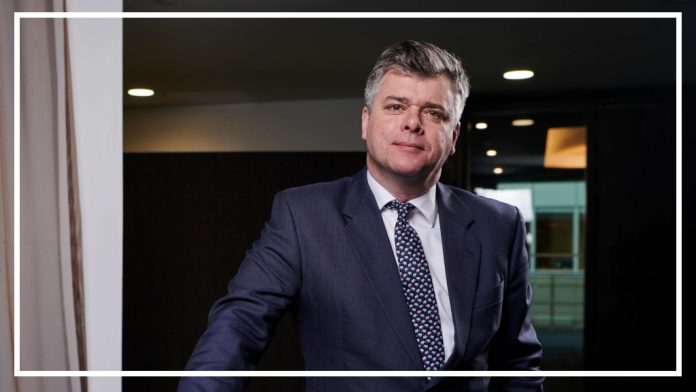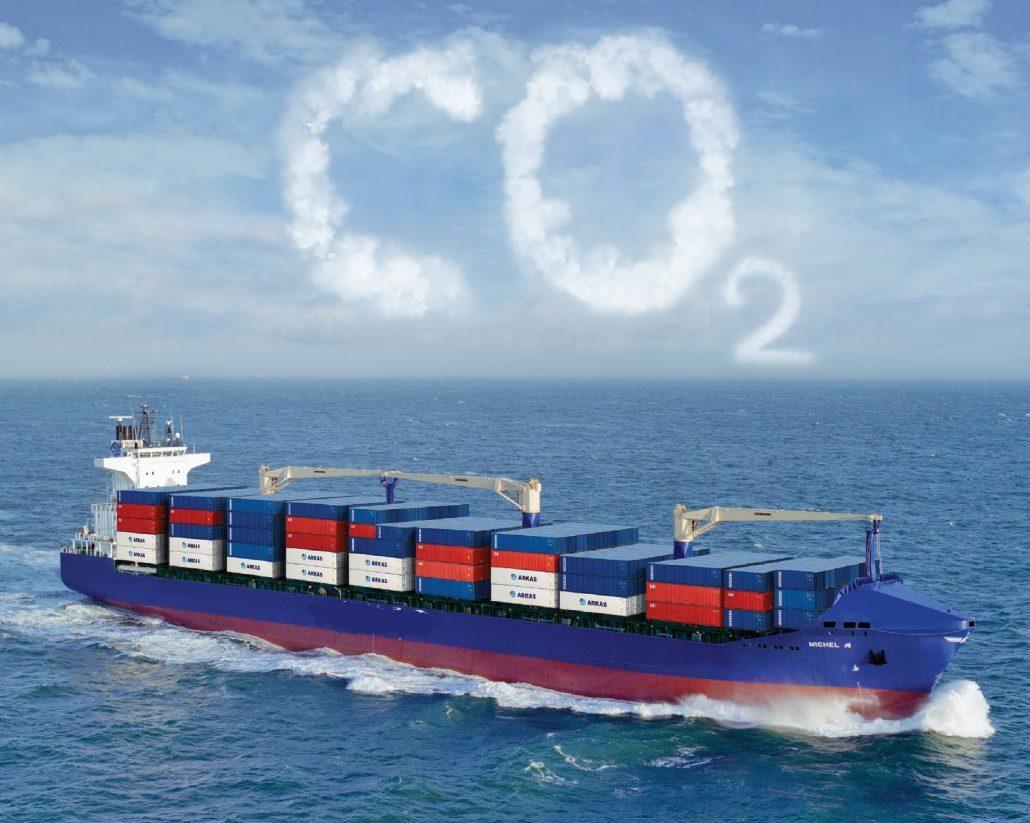
(www.MaritimeCyprus.com) Decarbonisation is for many people the most pressing issue facing the maritime industry today. With the effects of global warming growing in scope, the need to cut emissions from shipping operations is urgent, and regulators are introducing more stringent environmental legislation in response.
To demonstrate compliance with emerging regulations, shipping companies must harvest and collate vessel performance data to share with the relevant authorities. Such is its importance to modern maritime operations that data is said to be the new oil, but like oil, raw data requires refining to reveal its true worth. For ships, the key to the refinement process lies in satellite connectivity.
With reliable, high-bandwidth connectivity on board their vessels, shipping companies are increasingly recovering insights of greater value as they combine performance-related data collected from ships with other relevant information and analyse the integrated dataset. In addition to fulfilling reporting requirements, ship owners can make the incremental steps towards carbon neutrality they need for the short term and facilitate their transition to alternative fuels in the longer term.
Connectivity, therefore, is the oxygen that gives life to maritime decarbonisation initiatives – and already, methods that depend on connectivity and data analytics, such as voyage and port-call optimisation, are proving their value in concrete terms.
In September 2022, a Scandinavian shipping company announced plans to adopt an AI-based voyage optimisation system across its 120-vessel fleet. This was on the basis of an 18-month trial that had yielded a 6.9% increase in vessel efficiency – equivalent to a projected 170,000-tonne reduction in carbon dioxide emissions when rolled out fleetwide. Another example is Maersk Supply Service implementing Inmarsat’s Fleet Data IoT platform to help optimise the performance of its first vessel battery installation onboard Maersk Minder Offshore Supply Ship and evaluate how best to use zero-emission energy storage systems across its fleet.

Recently, a charterer and an integrated energy company signed a three-year contract of affreightment targeting more energy-efficient operations through enhanced charterer–cargo owner communications and data exchange. By minimising legs in ballast and improving the efficiency of loading and discharge processes, the partnership is expected to result in a 40% reduction in the carbon intensity of the contract.
Shipping companies’ growing reliance on data to facilitate smarter operations with an emphasis on environmental sustainability is reflected in latest Inmarsat network usage statistics: the company registered a 31% rise in data consumption by commercial ships in the first half of 2023, on top of a 56% increase from 2021 to 2022.
As a leading provider of global, mobile satellite connectivity, Inmarsat has a crucial role to play in the shipping industry’s green transition. The company already has one of the world’s best-performing geostationary orbit networks as its connectivity backbone, with more highly capable satellites on the way.
Nevertheless, Inmarsat recognises and embraces the need to adapt its offering in anticipation of customers’ evolving requirements. The company’s two HEO (highly elliptical orbit) satellites are soon to come delivering high-speed broadband services in the Arctic region and in Northern latitudes, its unique 5G mesh is proceeding past proof-of-concept trials, and a potential low-Earth orbit component is currently under assessment. The launch of Fleet Reach LTE in June 2023 to deliver supercharged coastal connectivity via added terrestrial mobile connectivity was the latest element of its orchestrated ‘network of networks’. Such software-defined network orchestration, utilising multiple satellite technologies in multiple orbits, will deliver reliable connectivity wherever and whenever it is needed.
Ultimately, Inmarsat’s goal is to deliver the optimal solution to help customers overcome their challenges and fulfil their objectives, including those related to decarbonisation. Yet just as oxygen is not the only vital ingredient in the air we breathe, connectivity alone does not convert those objectives into reality. To achieve its environmental ambitions, shipping requires collaboration and transparency throughout the supply chain.
As an example, Walmart, one of the worlds largest shippers, has committed to achieving science-based targets for emissions reduction, including zero emissions in its operations by 2040. Through ‘Project Gigaton’, the corporation will engage its suppliers to reduce supply-chain emissions by one billion tonnes by 2030.
Whereas previously, there was a belief that “what happened at sea stayed at sea”, today, bad habits are far more difficult to hide. Thanks to the automatic identification system, ubiquitous communications, global surveillance, tracking algorithms, the smart phones in the pocket of every seafarer, and the connectivity that powers all of the above, there is greater transparency into shipping companies’ actions than ever before. Initiatives like Project Gigaton leverage this transparency to drive accountability and improve environmental standards throughout the supply chain.
In summary, connectivity and the insights it offers into vessel performance – as well as into the actions of vessel owners – will be critical to driving maritime decarbonisation efforts. As a trusted partner to the industry for over 40 years, Inmarsat is committed to helping its ship-owning customers overcome what is arguably their greatest challenge yet by providing a portfolio of reliable, high-performance connectivity solutions that add value not only today but as requirements evolve.
Source: Ben Palmer, President, Inmarsat Maritime













